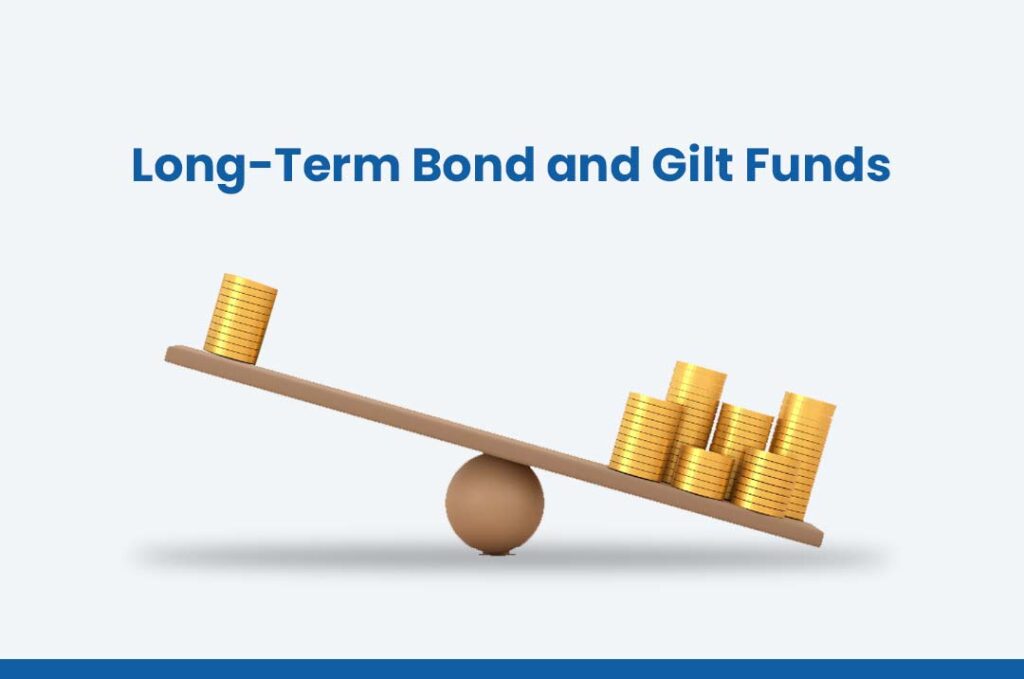
The Securities Exchange Board of India (SEBI), in partnership with the Association of Mutual Funds in India (AMFI), had made a significant clarification regarding the assessment of mutual fund distributor commission for transactions involving a switch from liquid funds or overnight funds into New Fund Offers (NFOs) be it equity mutual funds or debt mutual funds, which will provide mutual fund distributors (MFDs) with relief and clarity. This solution checks that MFDs’ commissions are safely protected under specific conditions, removing any confusion and potential income losses.
Clarity is crucial when MFDs serve and help investors choose funds. Equities and debt mutual funds are seeing varying inflows depending on the market.
SEBI’s Circular on Commission Reduction
As per the recent circular released by SEBI on February 27, 2025, it aims to reduce unethical selling in the mutual fund sector. It required that the commission paid to mutual fund companies in the event of a switch from an existing mutual fund scheme (both equity mutual funds and debt mutual funds) to an NFO of a regular plan run by the same Asset Management Company (AMC) be the lower of the two commission rates: the switch-in (NFO) scheme and the switch-out scheme.
MFDs became concerned about this, particularly when clients moved their investments from overnight funds, which usually have lower commissions, to NFOs (both equity and debt mutual funds). A comparison like that can drastically lower their total income.
The Exemption: Relief for MFDs Switching from Liquid/Overnight Funds
As per the latest AMFI Guidelines (Circular No. 121/2025-26), SEBI has exempted MFDs from receiving a lower commission in specific scenarios:
The requirement of lower commission shall not be applicable for switch transactions where the source scheme is a liquid fund or overnight fund, subject to the condition that investments in such liquid funds or overnight funds have not been made through a switch transaction from other schemes within the preceding 30 calendar days.
Two conditions follow this exemption:
- The investment in the liquid or overnight fund must be fresh, not the result of a switch from another scheme within the last 30 days.
- The switch to the NFO must be from this fresh investment.
If the following conditions are met, the mutual fund distributor commission will be based on the rate applicable to the NFO, not the lower rate of the liquid/overnight fund.
For more clarity, assume that on May 5, 2025, an investor makes a new investment in a liquid fund. The investor then converts this sum to the NFO commission rate, not the lower fee of the liquid fund, because the investment in the liquid fund was made within the allotted time frame and was not the consequence of switching from another fund.
Why is this important for MFDs?
Protection of Commission Revenue
This explanation greatly safeguards mutual fund distributors’ profits. Before switching to an NFO, MFDs ran the danger of losing their commissions if they advised the consumers to temporarily store their money in low-risk assets like liquid funds. This many a time resulted in adequate remuneration for the operational and consulting work required.
Greater Availability in Investment Strategy
For the clients who are waiting to invest in NFOs, MFDs can now confidently suggest liquid funds or overnight funds as short-term parking solutions. Because of their improved liquidity and low-risk profile, these products are particularly helpful for short-term parking. MFDs made now concentrate entirely on what is best for the clients without worrying about commissions being reduced.
Boost to Fresh Inflows into NFOs
This clarification might encourage increased fresh investments in NFOs through debt mutual funds like liquid and overnight funds. It often creates a smooth pathway for those clients who want to shift capital into all emerging opportunities without being penalised through reduced commissions to their MFDs.
Guidelines for Applicability
In addition to the exemption, AMFI has also clarified that these guidelines will apply from 1 April 2025 and will apply to all NFOs launched from that date onward.
Another regulatory instrument, such as:
- Validity for ARN (AMFI Registration Number)
- Submission of Self-Declaration Certificate
MFDs are encouraged to present these guidelines before their AMC Boards and Trustees for better institutional compliance.
Applicability across Mutual Fund Types
- Equity Mutual Funds
Many NFOs tend to be equity mutual funds, particularly during bullish market phases. With this exemption, MFDs advising clients to park their liquid/overnight funds before investing in high-growth NFOs (like thematic or sectorial equity mutual funds) are now more likely to receive their full commission.
- Debt Mutual Fund
Overnight/liquid funds remain a popular low-risk choice for debt mutual fund investors. The same exemptions provision guarantees uniformity in commission treatment across fund types, even though NFOs for debt funds are less common than those for equity.
Final Thoughts: Best of Both Worlds for MFDs and Investors
- As per SEBI’s clarification, MFDs will not suffer reduced commissions upon moving from liquid/overnight funds to NFOs (both equity mutual funds and debt mutual funds)—as long as fresh investment guidelines are observed.
- It also enhances an unmerited income impact cut that affected MFD earnings due to fund strategy and client-centric moves or even due to fund shifts.
- This underpins the trust of MFDs, supporting prudent fund holding ahead of longer-term equity or debt mutual fund investments.
- More eligibility sign criteria, such as the 30-day rule, help reduce ambiguity as operational miscommunication or clash between AMCs and distributors is minimized.
- MFDs are crucial in the advisory role to help first-time investors navigate equity and debt mutual funds, and this initiative helps fulfill such advisors at reasonable remuneration.
- This fosters ethical distribution by realigning fund distribution with sound financial counsel instead of rewarding commission milking.
- With the ongoing rise in retail participation as SIPs and NFOs (both in equity mutual funds and debt mutual funds) become available in urban and rural areas, this shift occurs at the right moment.
- There is investment from SEBI and AMFI towards distributor sustainability, which is essential when considering the narrowing operational margins and increasing compliance burden.
- Investors win too as there is greater certainty that the advice offered is truly based on need rather than commission cuts.
Need More Clarity or Support? Let Nivesh Help!
If you’re a Mutual Fund Distributor looking to optimize your strategy or need guidance on SEBI’s latest updates, we’re here to assist you.
Talk to our experts today!
Partner with Nivesh—your trusted ally in Mutual Fund Distribution
FAQs
1. What is SEBI’s latest clarification on Mutual Fund Distributor commission?
SEBI clarified that mutual fund distributors (MFDs) will not receive lower commissions when investors switch from liquid or overnight funds or debt mutual funds or equity mutual funds to New Fund Offers (NFOs), provided specific conditions are met.
2. Will MFDs get full commission when switching from liquid funds to NFOs?
Yes, MFDs will receive the applicable NFO commission if the investment in the liquid or overnight fund was fresh and not due to a switch within the past 30 days.
3. What are the conditions for MFDs to receive full commission on NFO switches?
- The liquid/overnight fund investment must be fresh (not switched from another fund within 30 days).
- The switch to the NFO must be from this fresh investment.
4. When do the new AMFI guidelines come into effect?
The guidelines are practical from 1st April 2025 and apply to all NFOs launched on or after that date.
5. Does the commission rule apply to equity and debt mutual funds?
Yes, the exemption applies uniformly across equity and debt mutual funds, ensuring fair commission treatment in either case.
6. Why was the lower commission rule introduced initially?
SEBI introduced it to prevent unethical selling practices, ensuring distributors do not earn excessive commissions by frequently switching clients between schemes.
7. How does this clarification help MFDs and investors?
It protects MFD earnings, improves strategic flexibility in fund allocation, and builds investor trust by aligning commission structures with real-world investment practices.

